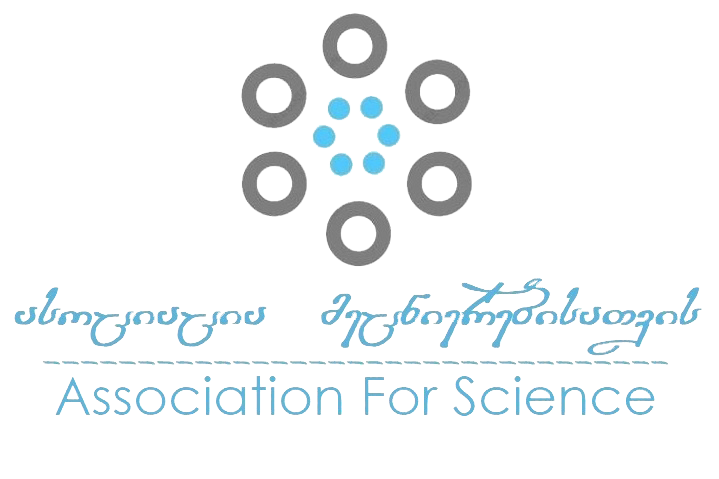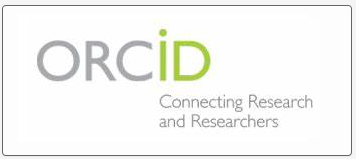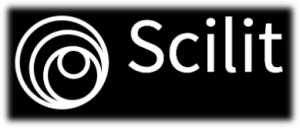К вопросу о политических идеологии и их значение для государства
DOI:
https://doi.org/10.52340/isj.2022.26.03Аннотация
The term "ideology" suggested the French thinker of the XVIII century. Destin de Tracy, named the new science of ideas. At the forefront of this concept was put forward in the XIX century. turbulent political life of Europe. Expand the concept of ideology gave Karl Marx and Friedrich Engels in his work "The German Ideology", where the term is used in a double meaning: first, idealistic world view, in which the idea of the world plays the role of a substance, and secondly, the type of socio-professional political thinking, when the subject is not aware of its conditionality economic class interests, but in reality it defends them. Such thinking creates a particular reality, substitute in the eyes of the people the true social reality, and thus prevents the realization of their real interests. However, Marx and his followers made an exception for the ideology of the proletariat, considering that the class consciousness of the proletariat coincides with the objective vision of reality, and the proletarian revolution has done away with all class consciousness and ideology in general. If we follow the logic of Marxism, it turns out that the proletarian ideology has the truth. In general, Marx recognized the possibility of relative truth of specific ideologies in specific historical conditions. Thus, the bourgeois ideology was true when it was historically progressive (in the era of progressive capitalism). In the future, ideology has been the subject of active sociological study. German sociologist Karl Mannheim regarded as a product of the ideology of social life, emphasizing the social conditioning of all, without exception, ideologies and the resulting illusory nature of their content. He singled out two levels of ideology - the individual and supra-individual (group, class, national, etc.). Accordingly, the first level was considered as a subject of study of psychology, and the second - sociology. Pareto understands ideology as a "derivation" Weber - as "symbolic forms of mediation," Aron - as a kind of "secular religion". More neutral wording belong to members of the sociology of knowledge and ideology associated with the values and beliefs of society. For example, R. Boudon sees ideology as a specific ideological construction associated with the expression of specific group interests and underlying social action. According to Boudon, ideology has many functions: promotes group cohesion, and formulates and proves its social expectations, etc. Thus, in modern social science ideology is understood as a spiritual education, a kind of social outlook, giving answers to your questions about the person of social relations, social justice, historical perspectives of society in which he lives, etc.Another fundamental feature of ideology is that it does not arise spontaneously - in the historic work of the masses, but consciously and deliberately produced a special layer of people - professional ideologues, politicians, scientists. However, it really expresses the interests and mindset of classes, nations representing their political parties and movements. Therefore, the ideology is different from scientific knowledge about the society that science is neutral and biased ideology. It focuses on not scientific truth and subjective interest - whether the interest of the whole society, class, nation, or a small group of people. Ideology has a worldview, a holistic character. In this sense, it merges with the myth, for it is only a myth, like the ideology that creates a complete picture of the world endowed with deep emotional value. In a sense, we can say that the ideology itself is a kind of modern myth with its good and evil forces, sacred events of the past and a passionate expectation of the future, when evil will be punished and the good will triumph. This explains the numerous social utopias, created at all times. Ideology contains elements of scientific knowledge and based on real social facts, but it takes these facts as they see social group whose interests it expresses. Therefore, usually the ideology is an alloy of real and desired, a hybrid of factual and scientific value approach.
Скачивания
Библиографические ссылки
.Политологический словарь / Под ред. В.Ф. Холипова. М., 1995. С. 58
. Белл Д. Грядущее постиндустриальное общество. — Москва: Академия, 1999.
. Белл Д. Социальные рамки информационного общества // Новая технократическая волна на Западе. — Москва: Прогресс, 1986.
. Белл Д., Иноземцев В. Эпоха разобщенности. М.: Центр исследований постиндустриального общества, 2007.
. Бжезинский, З. План игры : геостратег. структура ведения борьбы между США и СССР / Пер. с англ. — М.: Прогресс, 1986.
. Бжезинский, З. Большой провал: Рождение и смерть коммунизма в двадцатом веке / Transl. by Larissa Gershtein. — New York: Liberty, 1989.
. Бжезинский, З. Великая шахматная доска: господство Америки и его геостратегические императивы = The grand chessboard: American primacy and its geostrategic imperatives — New York: Basic books, October 1997 / Пер. с англ. О. Ю. Уральской. — М.: Международные отношения, 1998.
. Бжезинский З. Выбор. Мировое господство или глобальное лидерство. — М.: Международные отношения, 2010.
. Фрэнсис Фукуяма. Сильное государство: Управление и мировой порядок в XXI веке (2006) (англ. State-Building: Governance and World Order in the 21st Century.) Cornell University Press, 2004.
. Фрэнсис Фукуяма. Америка на распутье: демократия, власть и неоконсервативное наследие. (англ. America at the Crossroads: Democracy, Power, and the Neoconservative Legacy) (Yale University Press, 2006).










